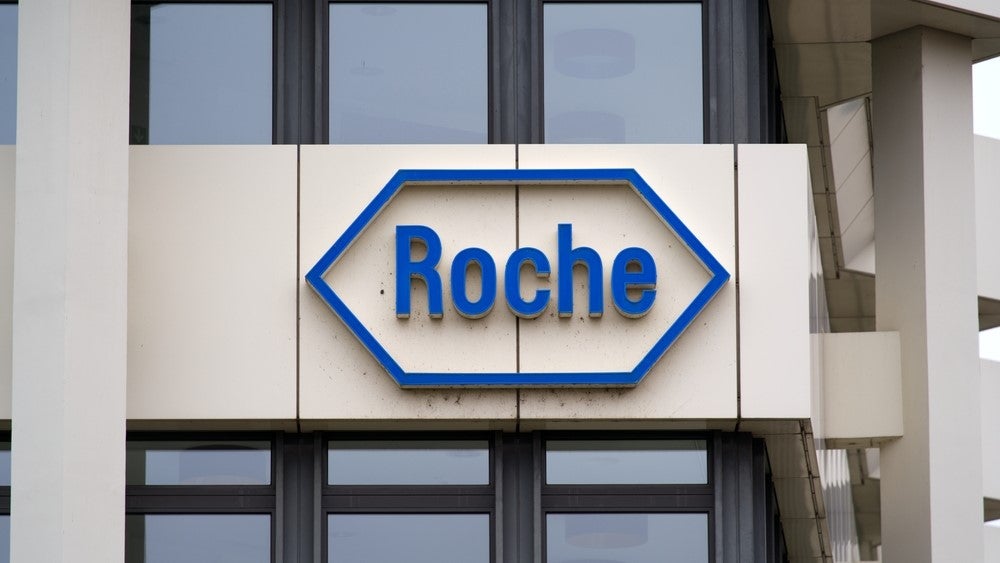Two years following a voluntary recall, Roche has relaunched Susvimo (ranibizumab injection) for use as an ocular implant for the treatment of wet age-related macular degeneration (AMD).
The company has updated the components of the ocular implant and refill needle, whose inadequate performance resulted in septum dislodgement, which was the reason behind the recall. The 2022 recall was informed by a US study that showed that “some implants did not perform to Roche’s standards”, as per the company.
Susvimo consists of a customised formulation of ranibizumab, which is also co-marketed by Novartis and Roche as Lucentis. The eye implant is meant to be inserted in a one-time outpatient procedure. The device is refilled every six months using a specialised needle. Susvimo was first approved by the US Food and Drug Administration (FDA) in 2021.
Roche also plans to develop Susvimo for other eye disorders, including diabetic macular oedema.
Roche is a market leader in the wet AMD treatment space, with two marketed therapies, Lucentis and Vabysmo (faricimab). Lucentis and Vabysmo pulled in SFr460m ($512m) and SFr2.4bn ($2.6bn) in sales last year, as per Roche’s financials.
Whilst Lucentis sales are expected to drop in the coming years, with estimates for the therapy of under $372m in 2030, Vabysmo sales are expected to soar to over $8.5bn in 2030, as per GlobalData analysis.
GlobalData is the parent company of Pharmaceutical Technology.
Roche and Chugai Pharmaceutical’s Avastin (bevacizumab) is also used as an off-label therapy for wet AMD. Outlook Therapeutics is currently working to develop a branded version ofbevacizumab. In August 2023, the US FDA rejected a biologic licence application (BLA) for the company’s bevacizumab-vikg candidate. The US agency noted several manufacturing issues and the need for additional confirmatory clinical data.
Another company developing an implant for wet AMD is Ocular Therapeutics. In October 2023, the company launched a trial to evaluate the implant against Regeneron Pharmaceuticals and Bayer’s Eylea (aflibercept).
Other therapies in development for treating wet AMD include a gene therapy by China-based Skyline Therapeutics, a biodegradable insert containing a tyrosine kinase inhibitor by EyePoint Pharmaceuticals, and an anti-VEGF transgene therapy by 4D Molecular Therapeutics.









